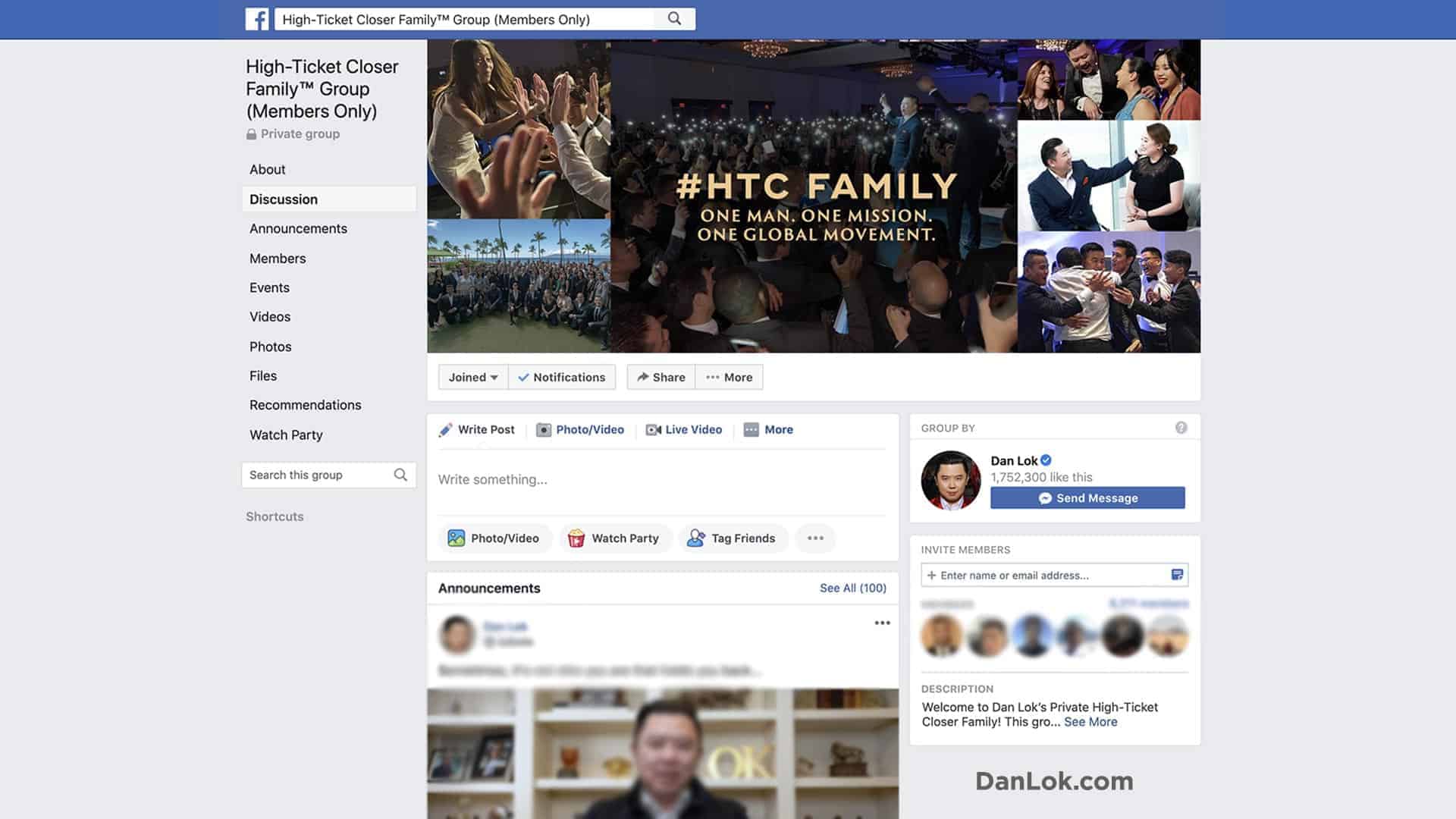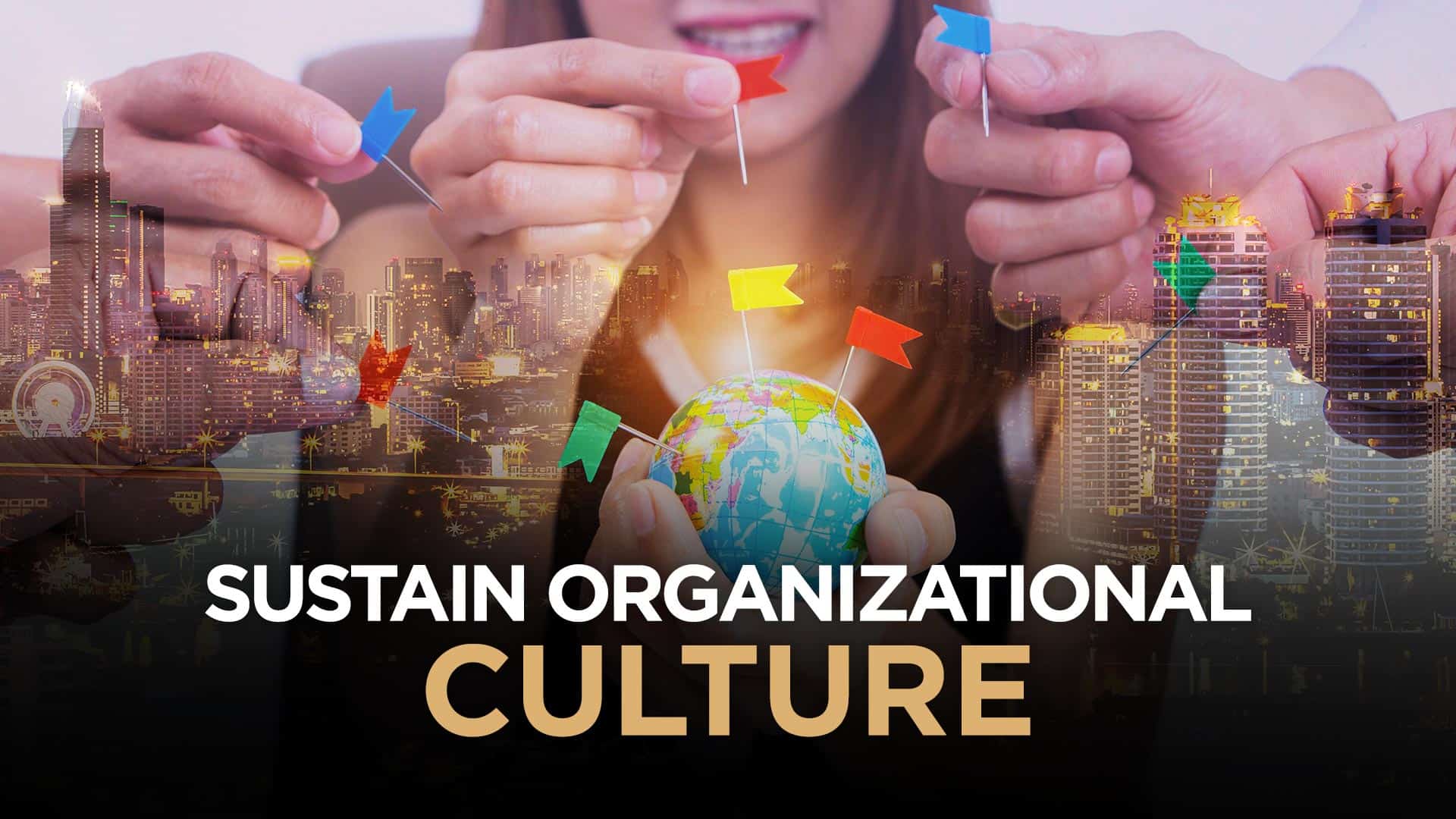Perhaps you plan on scaling your business: more clients, more sales, more profit? If you’re trying to figure out how to sustain organizational culture during global expansion, there are a few things you should know.
Organizational culture isn’t easy to maintain. When the work environment is changing, you can’t expect everything to stay the same. But the truth is – some employees will resist change.
That’s why it’s crucial for you to build a strong organizational culture from the start. When you have this, changes in your company won’t affect you as much.
You can think of this as getting gas for your car. If you put in premium gas, your car will be longer-lasting since it’s higher-quality fuel. If you don’t, your car problems can cost you a lot more in the future.
Here are 7 tips on how you can build and sustain organizational culture during global expansion:
1. Set Your Core Values Straight to Build and Sustain Organizational Culture
It is important to have a clear set of core values from the start. You should mention your values during every hiring process. This actually should take priority over talking about skills throughout the interview.
Employees need to be clear about core values because it’ll help them make better decisions. If someone doesn’t agree with them, then they most likely aren’t a good fit for your company. They may have the right skill set, but if they don’t follow your core values they won’t align with the rest of your team.
You would be surprised how many companies don’t do this. In fact, 19% of employees either don’t understand their core values or simply don’t know them. How can these businesses achieve global expansion then? But if they are clear on values – the scenario in crisis is quite different. When something goes wrong, employees will take immediate action to protect core values.
There are many innovative and creative ways to remind your team of your core values to build and sustain strong organizational culture.

The way Dan Lok chose core values for his company is by modeling off his top team members. He listed out the traits he liked the most in his superstars and sorted them by importance:
- Loyalty
- Harmony
- Extreme Ownership
- High-Performance
- Client Success
- Constant Improvement
Anyone who has worked with him or been his student understands this and knows these values. You can read more about Dan’s core values here and see why he’s able to create a high-performing global team.
When every team member is on the same page, that team is unbeatable. Their workflow will be that much stronger too. There are fewer mistakes made, and more results produced.
Isn’t that what every successful company hopes for?
2. Open Up Communication Often
Are you confident in your company’s communication enough to grow globally? If you want to know how to sustain organizational culture during global expansion, then you must keep your team in mind.
If you’re expanding globally, keep in mind that some employees will be in different timezones. Since they work as a team, deadlines will suffer if one doesn’t respond in time. This might cause some bottlenecks and workflow disruptions.
The best way to handle this is to have everyone practice communicating in a transparent way. That means you should encourage daily updates and feedback. If one employee predicts a project delay, then they need to mention this early on. This will get the whole team up to speed and allow them to troubleshoot ahead of time.
If you want to figure out how to sustain organizational culture while growing globally, then you must use good communication and project management tools. These will allow everyone to stay in touch. When the team is informed, every project will keep a positive consistency.
One way to do this is to hold meetings or video calls often. These meetings are meant to make sure everyone is clear about priorities. They also allow more people to ask you direct questions.
Not all meetings have to be serious – you could have fun too. People can share their wins of the week, or introduce a new team member. As long as everyone is in the loop, nobody will have to go through the process of reexplaining to anyone.
Your team will appreciate you for involving them more. This makes them feel important to your company and fulfilled by what they do.
3. Hiring Your Dream Team
When you take caution in hiring, you’re already setting yourself up for long-term success. This will ensure that you sustain a strong organizational culture. Wouldn’t you want a hands-off high-performing team?
Whoever you hire should also be a good fit with your other employees. If that person can interact well with the rest of the team, you can count on team members to help each other out. That way, you’ll be less involved and have more time to focus on your goals.
People are the backbone of your whole company during global expansion. Hiring isn’t just looking at someone’s resume. It’s better if you get to know them on a deeper level. This will help you envision what’s possible in that given partnership. Look beyond the paper and think about this person as a whole.
In fact, Dan Lok doesn’t look at resumes when he hires new employees. He looks at skills, performance, and if the person will fit well into the company culture. So far, the results have been working in his favor.
Skills can always be taught. Company culture cannot. Share on XRemember to take your time when hiring people. If you need to hire someone fast, you could give them the opportunity and keep a close eye on them. Set expectations and a time frame; let them know that their team performance has to meet your needs, or it won’t work.
You wouldn’t want to keep bad apples, would you? This may negatively impact your organizational culture.
4. Feedback is Always Welcomed to Sustain Organizational Culture
Bill Gates, the founder of Microsoft, said “We all need people who will give us feedback. That’s how we improve.”
Feedback is a crucial element of any organizational culture. If you’re not receiving enough feedback, how can you expand globally? It’ll be hard for your company to last long if you don’t make constant improvements.
If your company is growing fast, you can expect difficulties in keeping up with feedback. That’s why it’s important to make sure feedback is a part of the workflow. Get your whole team to work with it.
One way you can do this is by setting up a feedback channel. That way, you will be aware of any issues, as well as the good news. You can communicate through company meetings. If you want to hear feedback from customers, you can send out surveys.

Here are some ways you can offer feedback to your team as a leader:
- Focus on how each individual can change
- Explain the specific behavior you expect
- Stay factual and avoid being too directive
- Point out opportunities for growth
- Talk in private and praise in public
- Prepare useful and honest feedback
- Manage your emotions for a better outcome
- Support and strengthen a person
- Start by stating what is working
- Get straight to the point
- Don’t make broad-based claims
- Encourage constructive criticism
- Discuss the impact and action
- Use criticism without emotion
- Show respect and maintain dignity
Whether it’s good or bad, you’ll need constructive feedback for you and your team. It will guide you to better company performance. If you know how to frame and deliver it right, your team will thank you for it. They will appreciate the time you take to show them you care about their growth.
5. No One’s Success Leaves Unnoticed
40% of employed Americans would put more energy into their work if they were recognized more often. It’s a continuous effort to measure success in every organizational culture. Every global company requires commitment from all employees to make a positive impact.
Aside from hitting sales goals, your company should celebrate other types of achievements. This includes accomplishments made by each individual. If you keep your employees happy, they’ll keep your company happy.
Richard Branson, the founder of the Virgin Group, said “Clients do not come first. Employees come first. If you take care of your employees, they will take care of the clients.”
As your company expands globally, employee satisfaction is still as important. With more employees on board, having regular recognition will increase loyalty. When you recognize each individual for their accomplishments, it shows you care. You can also encourage everyone else to celebrate each other’s milestones.
One easy way you can do this is to make a team announcement. There should be never-ending recognition to keep team encouragement strong. When you do this, employees will strive to go above and beyond for their next accomplishment.
You could also recognize and celebrate anniversaries, birthdays, or pregnancies. It doesn’t matter how small or big the reward is – it feels good to show appreciation often.

Dan Lok is always finding ways to recognize his students’ success. You might’ve seen some announcements from his social media channels.
He even hosts his annual Closers In Black™ event and invites students from all over the world to meet him. Upon shaking their hands, he tells them how proud he is as he hands out awards.
Whenever a student reaches a milestone, Dan makes it public. He likes to keep rewarding people for their successes. This is the type of encouragement that gets them to stay confident and accomplish more.
Wouldn’t this be something you’d want for yourself too?
6. Create an Unstoppable Support System
Accountability can help you move the needle the most. When you have everyone on your side supporting you, you will easily achieve your goals.
Working alone may not be as exciting, and it becomes harder to get things done. When you have support, you also have constant encouragement and feedback. When you’re accountable for your actions, you will increase your chance of success by up to 95%.
So, every global organization needs to develop an unstoppable support system. If every employee has someone to turn to for support, most problems will be resolved a lot faster.
As a leader, you can set employees up to help one another. There can be both supervision and peer support. For supervisor support, you could pair up mentors and mentees together. For peer support, you can group a whole department.
Some employees might fall into the lone-wolf mentality. Having constant support will encourage members of your team to get out of their comfort zones. It’s a great opportunity to let your team build relationships within the company. Working for you would become even more enjoyable.
You should create and keep a work environment in which you’d like to be all the time. Make it as flexible as possible during global expansion.
Don’t let your employees simply clock in and clock out. They should feel proud of their position. Instead, get them to contribute by sharing their thoughts for better growth.

In a global community, such as Dan Lok’s Facebook groups, you’ll never see a post left with no views. Every voice is heard and responded to with either a like, comment, or both. There’s constant support from people around the world and in all time zones.
Because of this massive support, Dan’s students feel they have a safe place to express themselves. When you have people who understand your journey, it’s easy to share the steps that get you there.
You’ll see posts about questions, failures, and wins. All these are equally as important because people can learn from each other. If you have an issue, most likely someone else can relate. You might even look like a hero for bringing it up and helping others.
7. Traditions Must Live On
If something is working well for you, do more of it. Then, keep doing more – don’t stop.
Whether it’s the way you host your meetings or your company language – you must keep that tradition alive. These are unique characteristics of your company that you shouldn’t ignore. These traditions will distinguish you from other companies. They give employees an inclusive experience.
For example, you could rent out a yacht every year and throw a Christmas party. It’s going to be something every employee looks forward to and talks about for weeks. Other people would wish they worked for you if they heard about this.
You can even develop smaller traditions if your company isn’t a big team. The goal is to maintain these traditions and not lose them. It might be easy to lose when there are fewer people; don’t let this happen to you. Keep maintaining tradition no matter how big it gets, too.
When you establish more company traditions, you create a fun and social environment. This will help increase engagement and make a positive impact on company culture.
Even if you have many locations worldwide, you can get everyone to do something together. It can be something as simple as dressing casual on Fridays or catering for every holiday – whatever works for you.
Sustain Organizational Culture During Global Expansion The Right Way
Things might never be the same again once you’ve scaled your company globally. There is a lot to think about in order to make sure it is a success.
One thing’s for sure – you must do whatever you can to sustain organizational culture. You should be confident in your team to be willing to make changes with you. If your team’s communication isn’t strong, your organizational culture may fall apart. That’s not a great way to start expanding your business globally.
It’s better to keep everyone on the same page during changes. Otherwise, some employees will have low performance or run into more mistakes. You need to keep in mind that several elements can make your company come together – feedback, support, and strong tradition will help make a better bond.
Dan Lok always says, “Team culture is the backbone of Team Dan Lok.” Because Dan scaled his global community, it has had a great impact on all his businesses. He’s able to reach more partners, clients, and employees.
Do you want to know what the best part is? Everyone is familiar with his company culture before even joining him. This is something that doesn’t need to be taught over and over again.
Since his employees all share the same core values, it’s a more enjoyable environment to work in. Wouldn’t it be great to be around like-minded people who only want to see you succeed?
If you’d like to get Dan Lok to guide your company through global expansion, Dragon 100™ might be the place for you.
Dragon 100™ is an advisory board meant for A-players who want to scale their business from 6-figures to 7-figures. This isn’t something for everyone, though. If you think you have what it takes, you can join the rest of the 100 dragons.




